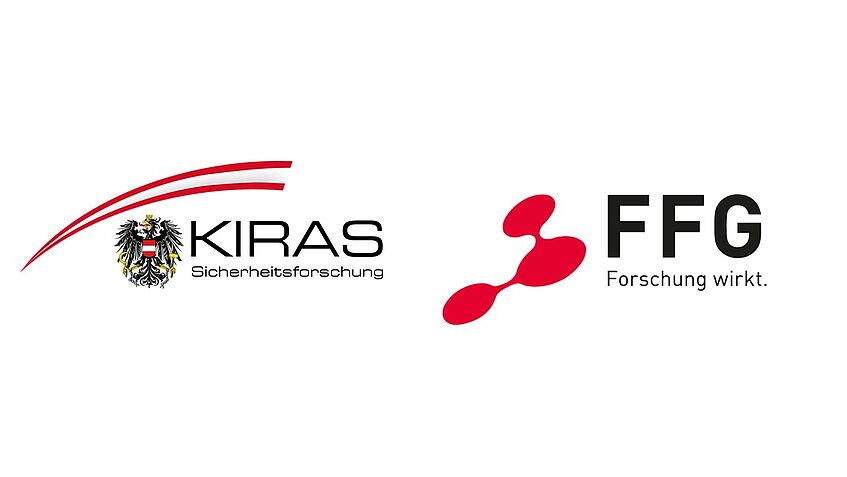KRISAN
Development of an intelligent automated emergency call and query system for crisis situations
Funding: FFG / KRISAN
When dealing with crises such as pandemics, operation centres and call centres as well as political leadership and authorities are very challenged in organisational, logistical and emotional terms. The protection of the population always has highest priority. In the event of a crisis, however, it is currently very difficult for all those involved to quickly obtain an overview of the situation and an assured picture of the situation.
The outbreak of the COVID 19 pandemic has clearly shown that rapid data acquisition, the development of additional sources of information and intelligent fusion into a near-real-time operational picture are essential in order to deal with critical situations quickly and effectively and to be able to make responsible decisions.
Speech is the most natural and simplest form of human communication. By means of language information, very complex contexts can be explained quickly and conclusions can be drawn from them. In the event of a crisis, countless telephone calls from the population arrive every minute, which often cannot be processed at present due to staff resources. In certain situations, the line capacities or the capacities of the available staff in the control centre or in the call centre are exhausted, which sometimes results in long waiting times for those seeking help.
The aim of the project is to develop an assistance system for automated call retrieval and near-real-time creation of an information operational picture based on incoming calls to control centres and hotlines in the event of a crisis. Through an automated evaluation of the calls, hundreds of calls can be answered simultaneously by an AI-based voice dialogue system. Automated call retrieval makes it possible to analyse the information of many calls in parallel in a technically elegant way. This avoids callers having to wait in a queue for a long time. The caller can give information or ask questions in natural language and the system automatically extracts the necessary information. Depending on the course of the conversation, the system generates the appropriate questions in real time in order to obtain the missing information from the caller. In the best case, the caller does not recognise the difference between a personal operator and the speech dialogue system. A comprehensive acceptance analysis will examine the extent to which the use of AI and a voice dialogue system is accepted by the callers.
Project Team University of Vienna
Univ.-Prof. Dr. Iris Eisenberger, M.Sc. (LSE)
Univ.-Prof. Dr. Christiane Wendehorst, LL.M. (Cantab.)
Partners
JOANNEUM RESEARCH Forschungsgesellschaft mbH
Bundesministerium für Soziales, Gesundheit, Pflege und Konsumentenschutz
DATAVIEW Handels- und Systemberatungs Ges.m.b.H.
Österreichische Agentur für Gesundheit und Ernährungssicherheit GmbH
Universität Wien, Institut für Innovation und Digitalisierung im Recht
Wiener Rotes Kreuz-Rettungs-, Krankentransport-, Pflege- und Betreuungsgesellschaft mbH
youspi Consulting GmbH

